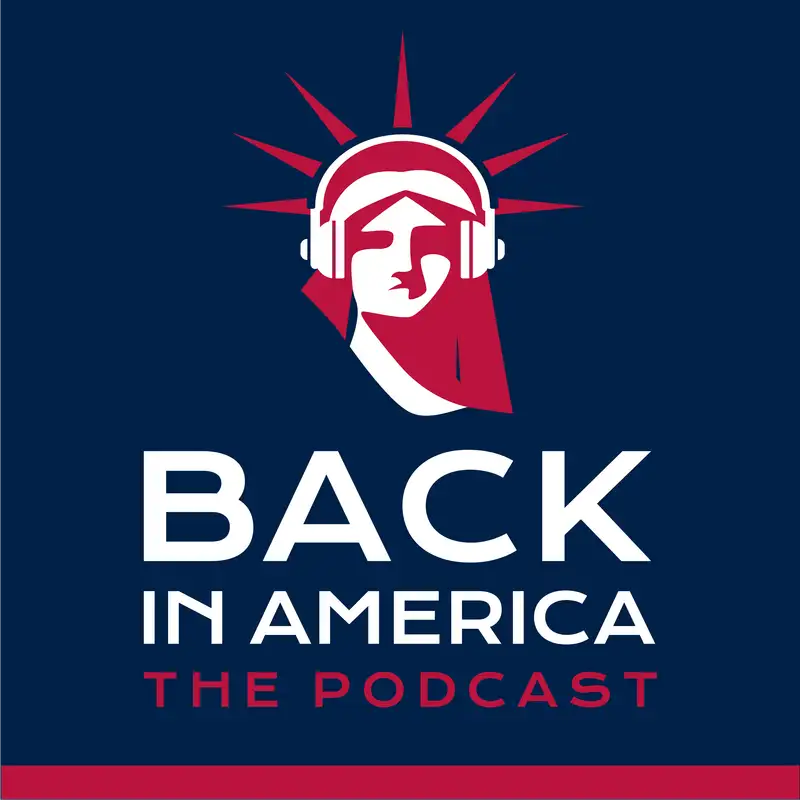Dr. Glenda Wrenn on COVID, Remote work, Mental Health & Corporate America
Join our exclusive mailing list!
"COVID-19 has created a worldwide public health crisis, and the resulting lockdowns and social distancing measures have sent most country’s economies into a severe downturn. But we believe these crises are only the tip of the pandemic’s iceberg," writes Mario Iacobacci and Mathieu Laberge in a recent Deloitte study.
"There is another crisis looming – a human crisis," they add. "Our past research ... has revealed a potential for increased incidences of mental illness, poorer educational outcomes, an increase in substance abuse and crime, and the weakening of the community fabric."
The researchers called on the governments to get ready for the looming crisis. It is particularly striking that they stressed the need for employers to address employees' mental health, reviewing the mix of employee benefits and to see how to better accommodate employees in this stressful period, sometimes by introducing flexible benefit options that respond to different needs from employees at different stages in life.
Since 1989 in France, employers must 1989 ensure the physical and mental well being of their employees. This is in line with the European tradition of social class differences and community solidarity.
The American tradition is influenced by the like of Locke, Jefferson, Smith, and Mill, and favors individual freedom and economic freedom.
In the US, a country of hard work, individualism, and personal privacy culture, many corporations are hesitant to tackle employees well being.
Indeed, The COVID-19 pandemic has deeply impacted our lives as families sheltered in place and juggled homeschooling, work from home together with keeping their household afloat. According to a poll conducted in mid-July, by non-profit
Kaiser Family Foundation 53% of adults in the United States reported that their mental health has been negatively impacted due to worry and stress over the coronavirus. This is significantly higher than the 32% reported in March.
In this episode of Back in America: corporate America, COVID and Employees well being, or lack of.
Back In America speaks with Glenda Wrenn a psychiatrist, chief medical officer for Franklin, Tenn.-based 180 Health Partners, and previously the founding director of the Kennedy Satcher Center for Mental Health Equity in the Satcher Health Leadership Institute at Morehouse School of Medicine.
"I think we are addicted to working in our culture," said Glenda Wrenn. "it is promoted by our work environments. What is the incentive for your employer to get you to slow down? You're rewarded for working more. I know this from personal experience as a true recovering workaholic. I love working. I do. I really love working. And it has been such a process for me to redirect that energy to my home. The same excellence that I put into doing mental health policy work, now I'm just redirecting it at home. I'm giving it to myself and my family. I was honestly incapable of doing that before this pandemic."
Glenda's Book RecommendationA People's History of the United States
by Howard Zinn
Between the World and Me
by Ta-Nehisi Coates
Across That Bridge: A Vision for Change and the Future of America
by John Lewis
Read the transcript

